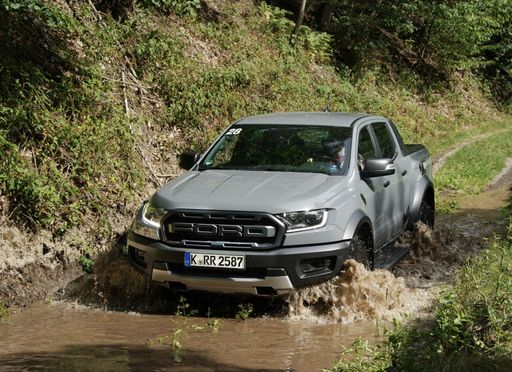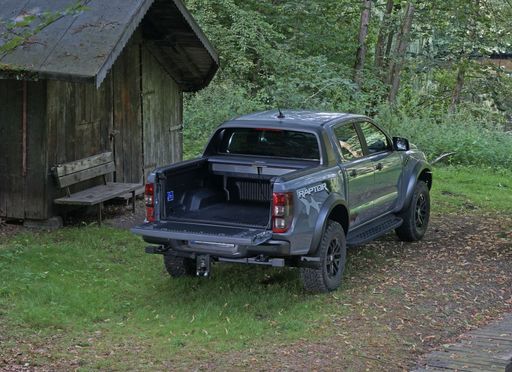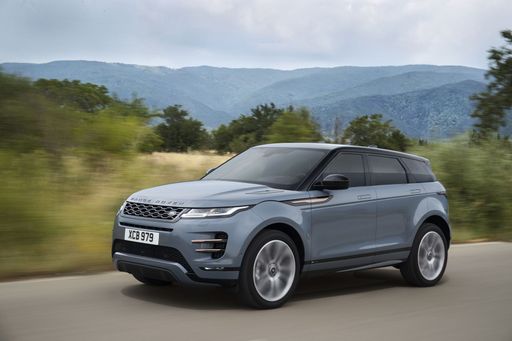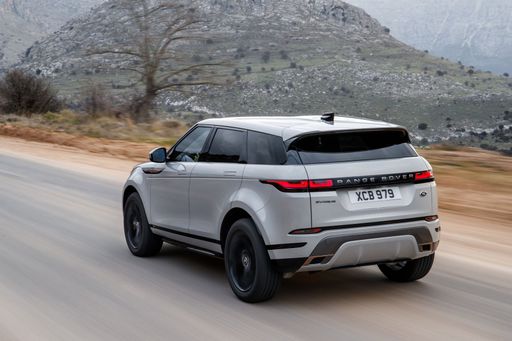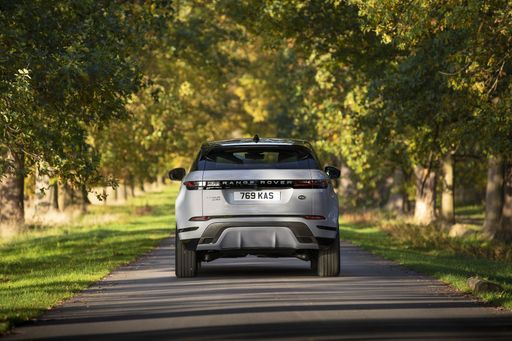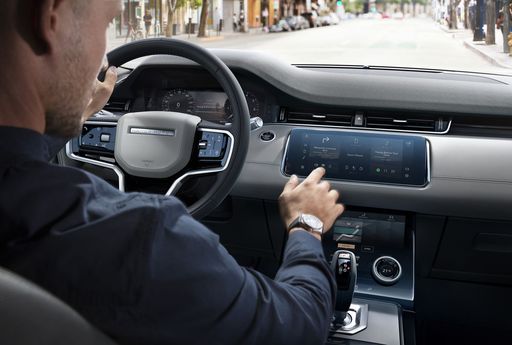Ford Ranger vs. Land Rover Range Rover Evoque: A Battle of Utility vs. Luxury
When it comes to choosing a new vehicle, potential buyers often find themselves weighing the pros and cons of different models that serve distinct purposes. Today, we pit two popular models against each other: the Ford Ranger and the Land Rover Range Rover Evoque. This comparison highlights the technical aspects and innovations that set these vehicles apart in the competitive automotive market.

